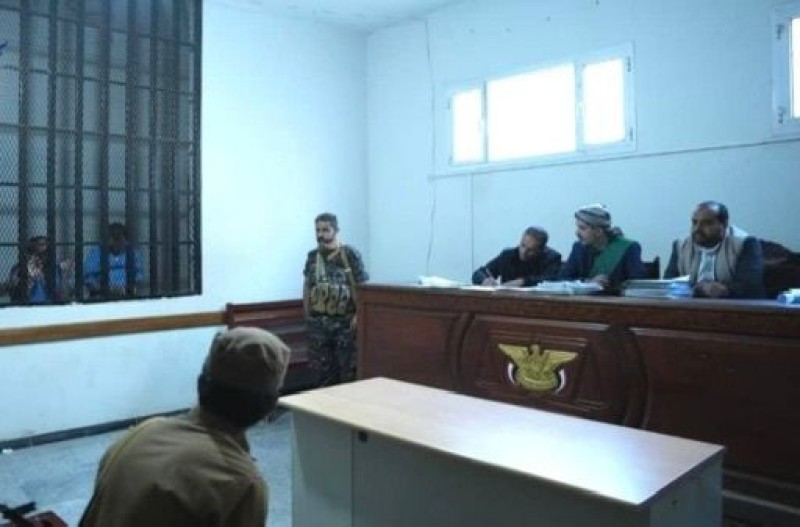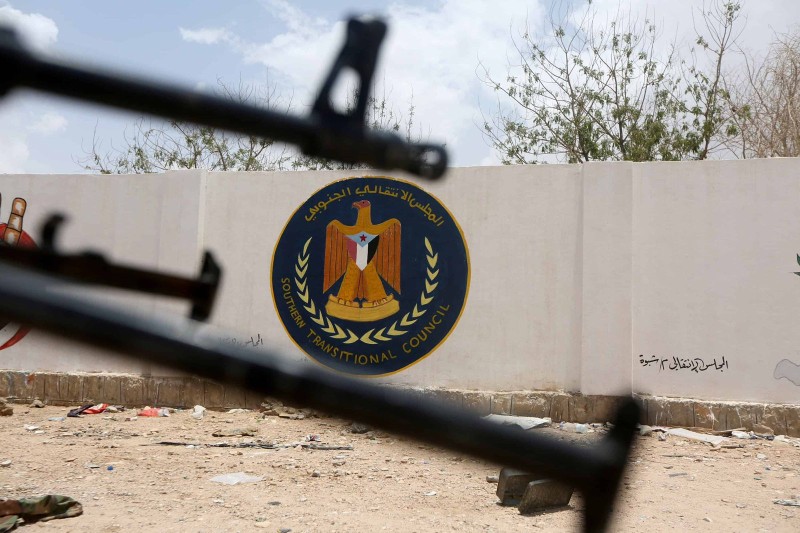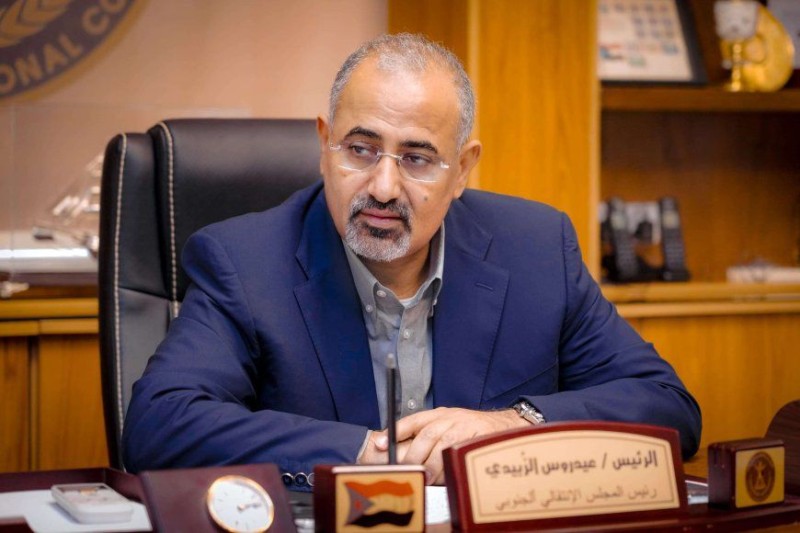UN Security Council steps up debate on Yemen’s future


Meetings at the UN General Assembly sought to reinvigorate the talks on Yemen’s future and the path to ending a conflict that has raged since 2015.
In addition to contacts between the US, UK, Saudi Arabia and the UAE, a new broader-based contact format has been launched.
The Saudi-led Arab Coalition, including the UAE, has repeatedly called for a political solution to the war, and expressed frustration at the rebels’ breaches of the pact reached in Sweden.
A breakfast meeting hosted by Britain, Sweden and Kuwait convened all five permanent members of the UN, and Germany.
They assembled to give momentum to efforts by Martin Griffiths, the UN Secretary General’s envoy on Yemen, to revive the Stockholm Agreement that was signed last year.
On Thursday, Mr Griffiths also met Ahmed Aboul Gheit, the head of the Arab League, for a briefing on his “ongoing efforts to reduce violence, revive the political process and support opportunities for peace in Yemen”.
The Stockholm process has stalled since the first half of the year but recent developments among participants to the conflict has kindled hopes that negotiations can begin again.
“There is a window of opportunity to nudge the Yemeni and regional parties to the conflict towards a political process to end the war,” said Peter Salisbury, the Crisis Group’s senior analyst for Yemen.
“But many things could go wrong in the meantime so it’s an opportunity that needs to be seized sooner rather than later.”
Officials said contact group members expressed concern over what could happen if talks between the warring parties were not restarted.
“The situation hasn’t really improved since the Stockholm agreement,” German Foreign Minister Heiko Maas said. “We need to further support the efforts of Griffiths to restart an inclusive political process.”
Officials at the General Assembly have called for the secessionist party to be given a place at the table.
Mr Griffiths welcomed Saturday’s announcement from the Iran-backed Houthi rebels, who control parts of central and northern Yemen, including the capital Sanaa, that they would desist from drone and rocket attacks on Saudi Arabia.
Mehdi Al Mashat, head of the Houthis’ supreme political council, announced “the halt of all attacks against the territory of Saudi Arabia” in a speech marking the 2014 rebel seizure of Sanaa.
Mr Al Mashat asked for “the gesture to be answered by a stronger gesture” from Saudi Arabia.
But the announcement came after a wave of drone and missile strikes last weekend on Saudi oil installations that knocked out half of the kingdom’s production.
The government of Abdrabu Mansur Hadi continued to criticise Mr Griffiths’s approach and urged the envoy to take a stricter tone.
“We regret that it is a problem for 10 months and we know that it is because of the intransigence of the Houthis,” said the acting foreign affairs minister, Mohammed Al Hadrami.
“We want Martin Griffiths to be more specific in terms of pointing fingers at those who are obstructing progress, instead of just blaming everyone or thanking everyone.”

Sana’a – The Houthi-run Special Criminal Court in Sana’a has continued the trial of several former employees of the U.S. Embassy,…

Aden – Southern Transitional Council (STC)-affiliated forces on Saturday rejected accusations issued by Yemen’s General Staff, which cl…

Aden – Aidarus Qassem Al-Zubaidi, President of the Southern Transitional Council (STC) and Vice Chairman of Yemen’s Presidential Leader…